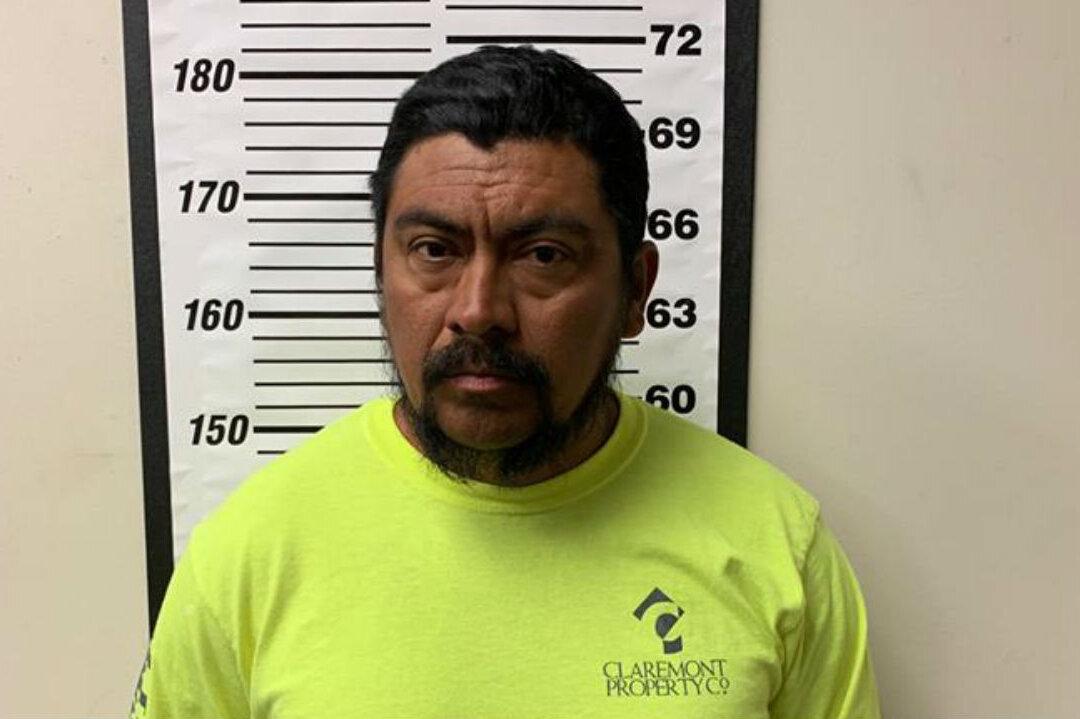An illegal alien, who was repeatedly convicted for sexually abusing children, was arrested during an early morning traffic stop in Texas on Jan. 30, according to a police statement.
Marvin Yovani Mejia-Ramos, 50, gave a fake name to authorities when he was stopped for a traffic violation around 6 a.m. But he was arrested after an onsite fingerprint scan revealed his identity as a convicted felon who had served at least three stints in U.S. prisons and was back in the country illegally.




